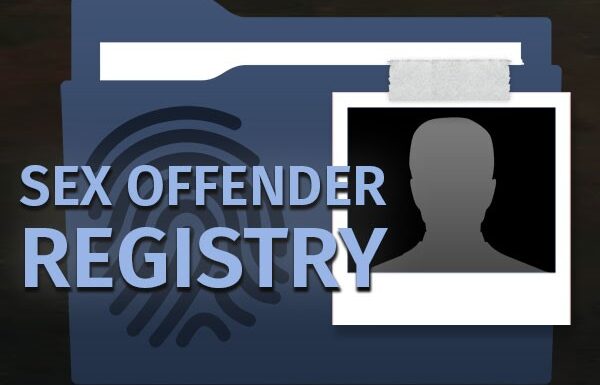
The state of Texas has a public list of people convicted of sex crimes who must register as sex offender.
It is the offense (e.g., sexual assault or online solicitation) – not the specific facts or circumstances of a case – that determines whether someone must register as a sex offender and for how long.
For example, take a 20-year-old who engaged in sexual contact with a 16-year-old. He was charged with sex assault of a child and received deferred adjudication which allowed him to stay out of prison. However, he now has to register as a sex offender for life because a deferred adjudication is considered a conviction for sex offender registration purposes.
Because of the one-size-fits-all approach to sex offender registration laws, they sweep broader than necessary.
Is it fair for this 20-year-old to be branded with a scarlet letter for the rest of his life, preventing him from getting a good job or housing and subjecting him and his family to threats, harassment, and humiliation?
That’s why the Texas Legislature enacted Articles 62.401 to 62.408, as well as Article 62.301, to the Texas Code of Criminal Procedure. These laws govern the deregistration of some sex offenders, or removal of some sex offenders from the public registry.
What is Deregistration?
What deregistration does is remove the legal requirement that an individual has to register on a public sex offender listing in the future. Violent crimes are not subject to deregistration, but online solicitation of a minor, indecent exposure, child pornography, and indecency with a child (13-17 years old) are.
If you would like to learn more about sex offender de-registration, please contact us at via email or phone. We’ll respond as soon as we can.

